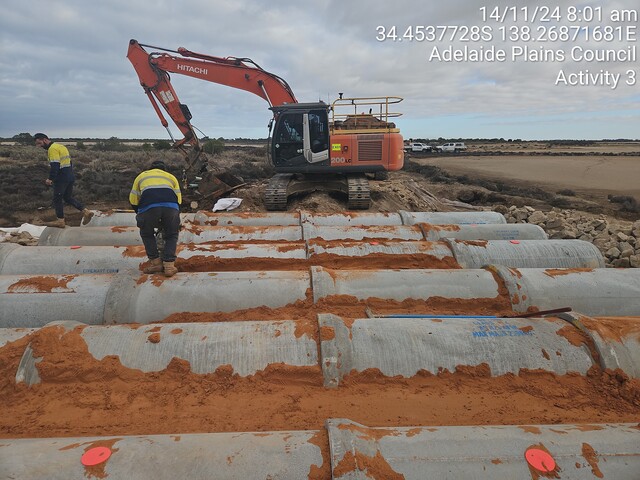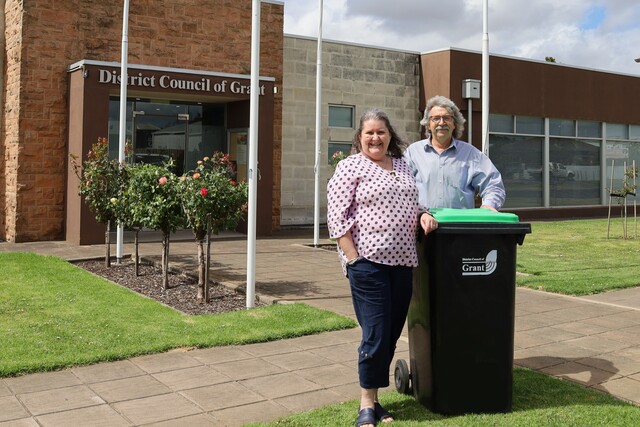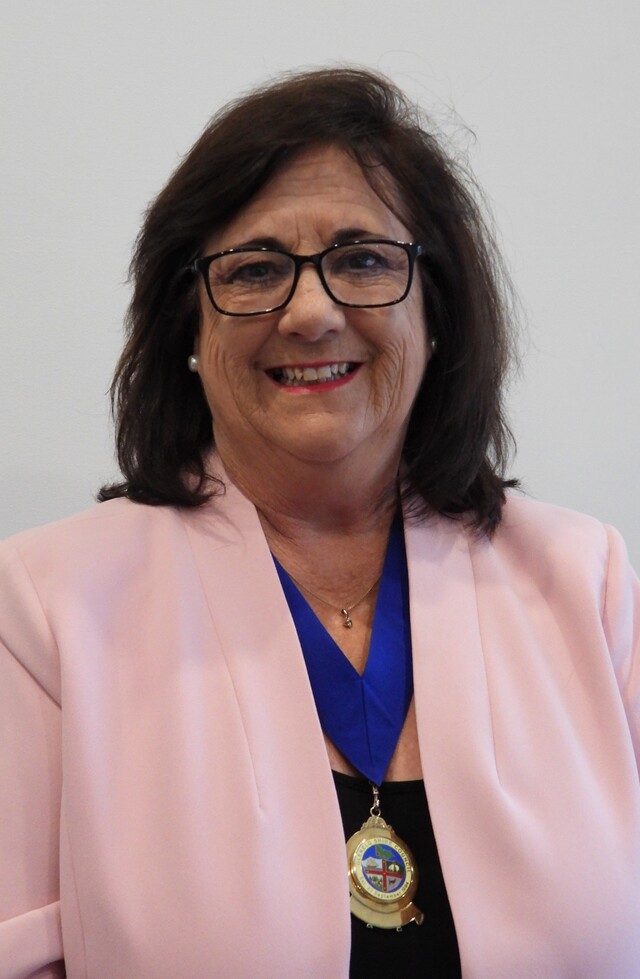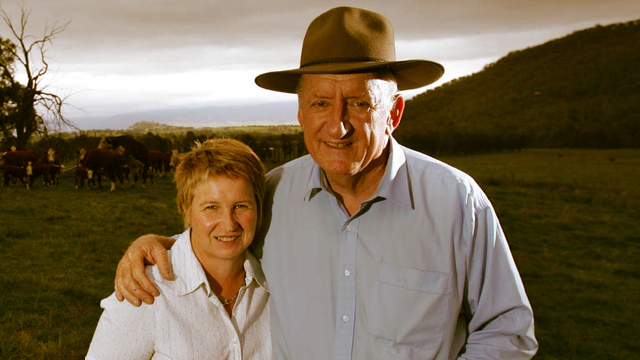The Good Oil by Rod Brown *
The OECD has just released a report ‘Devolution and Globalisation’ which is a must read for anyone with an interest in economic and social development, and the role of Local Government in that process. The report ties together the themes arising from a major OECD conference held in Glasgow in February 2000.Arguably the key theme, and one of direct interest to Australia, is that governance is most effective and democratic when decisions are made as close as possible to the population affected.
The OECD quotes findings by Peters and Pierre (2001) that new nation-state and city-region governmental arrangements have emerged in recent years as result of the following.
- The weakening of the nation-state model, because of fiscal crises and/or the challenges being made by transnational institutions such as the European Union.
- The decentralisation in western Europe in the 1980s and 1990s, which has strengthened regional and Local Government.
- The new emphasis on public service delivery and more customer attuned services. The report cites numerous EC countries where new pressures have emerged to strengthen the regional tier of government. The Canadians have also adopted a devolved model – it provides the national government with a spatial mechanism to deal with the uneven impacts of structural change brought on by deregulation and globalisation.
The OECD supports this trend because local supply networks, skill pools, innovation systems and so forth are becoming more important as globalisation levels out access to markets and inputs.
Devolved governments are best placed to understand and influence these parameters. They are better able to tailor policy instruments, build the local linkages, and generally create the environments for competitiveness.
But we have not yet picked up on this.
The notion of regional government in Australia is hardly considered, let alone debated. The States obviously don’t canvass the possibility, and most of the state based Local Government Associations are not enthusiastic about Regional Organisations of Councils (ROCs) which could be a forerunner of regional government. Smaller Councils are hamstrung by a lack of resources, and the Regional Economic Development Organisations (REDOs) have mostly disappeared or been overtaken by Area Consultative Committees.
On the bright side, those REDOs that remain are finding a new lease of life, and are recognised as playing a constructive, strategic role. Moreover, some larger Councils are banding together to run economic development and planning agendas with Federal and State agencies.
The reason why regional government is not on the agenda is, I believe, because regional stakeholders cannot organise themselves. While Independents, Bob Katter and Tony Windsor have made their mark in their respective electorates, regional Australia is mostly a rabble. Calls for attention are seen as either self serving or too narrow.
I wrote in this column 12 months ago that it’s time for a New Deal. Well nothing faintly like a New Deal has been talked about, and by the time you read this, another ALGA Conference has come and gone. However, all is not lost – Local Government stakeholders should take a leaf out of the OECD findings.
There are numerous initiatives that could be taken. Some examples include the following.
- Demand a seat at all the key economic social environmental advisory groups at the national and state level – but commit to being proactive at these meetings, and not just making up the numbers.
- Negotiate the establishment of some model governance structures – perhaps one in each State – and ensure there is political will from the Commonwealth and State to take them seriously.
- Forge alliances with the OECD, the World Bank and the United Nations. Outside your league? No, you’re thinking too small – because I can quote you examples in Australia where Councils are doing exactly this.
- Extend the twinning of cities agenda into something more dynamic than tea, scones and pleasantries.
- Approach the Commonwealth and States to develop better ways of delivering government programs – the small Commonwealth programs are mostly ineffective, and some of the ACC and Dairy RAP assistance fails the public interest test. Better to devote these funds to addressing hard and soft infrastructure gaps in regions, and to give some regions their own budget.
To John Anderson’s credit, his Sustainable Regions Program, which involves $12 million funding to each of eight or nine regions under economic and social stress, has some level of devolution. The regions are expected to be prototypes – they include Council areas around Cairns, Northern Rivers, Campbelltown, Gippsland, Northern Adelaide, the Kimberleys, north west Tasmania and so forth. We should wish these regions good luck. If the Sustainable Regions Program can leverage this expenditure into worthwhile economic and social outcomes, it could provide a viable precedent for future government programs.
Many of these issues are explored in a very timely PhD in regional development being undertaken by a former director in the Department of Transport and Regional Services, Mark Cloney.
For the sake of regional/industry development in this country, let’s hope that others in the Commonwealth system begin to explore the OECD’s message. Mark’s email address is mcloney@netspace.net.au should you wish to assist him.
Please feel free to write to me too – your right of reply is hereby granted.
* Rod Brown’s Canberra based consultancy group, Australian Project Developments Pty Ltd, specialises in industry/regional development and government liaison. For further information telephone (02) 6231 7261 or email apd@orac.net.au







